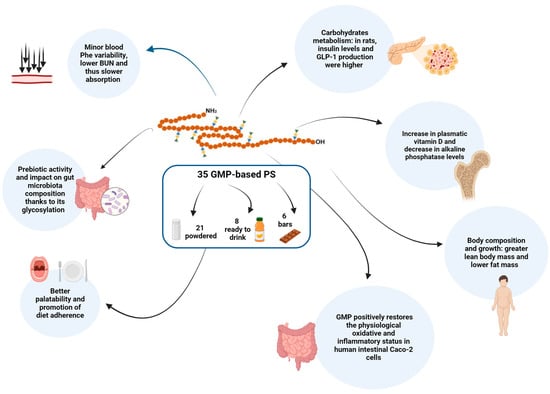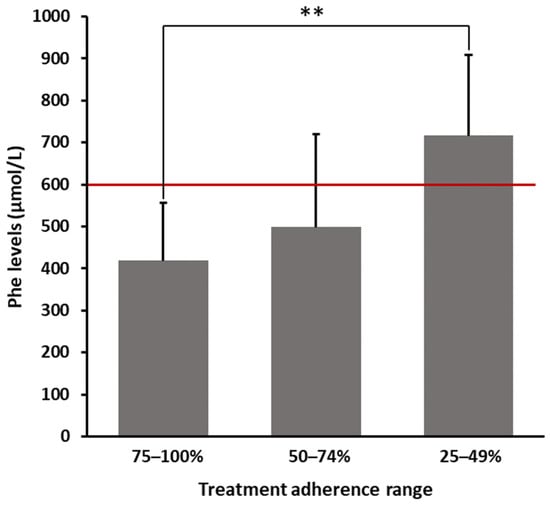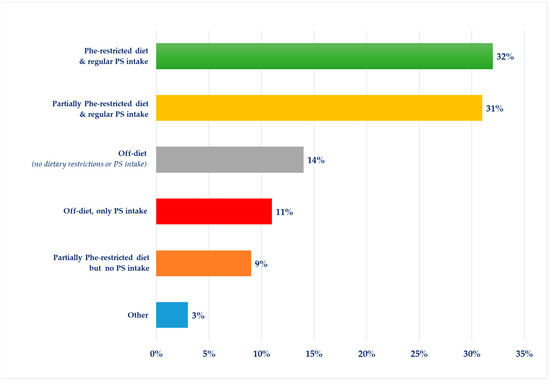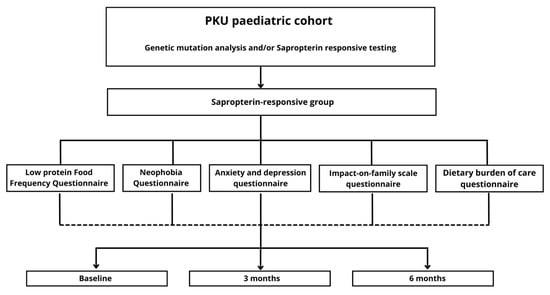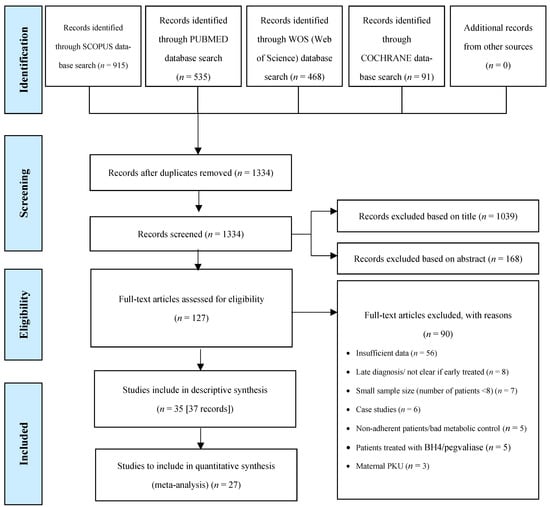Advances in Phenylketonuria (PKU) Nutrition and Diet Research (2nd Edition)
A topical collection in Nutrients (ISSN 2072-6643). This collection belongs to the section "Nutritional Epidemiology".
Viewed by 26512Editors
2. Reference Centre of Inherited Metabolic Diseases, Centro Hospitalar Universitário de Lisboa Central, Lisboa, Portugal
3. CINTESIS@RISE, Nutrition and Metabolism, NOVA Medical School, Faculdade de Ciências Médicas, NMS, FCM, Universidade NOVA de Lisboa, Lisboa, Portugal
Interests: inherited metabolic diseases; nutrition; dietetics; metabolism; nutritional status
Special Issues, Collections and Topics in MDPI journals
Interests: phenylketonuria; dietary treatment; protein substitutes; dietary adherence; feeding development
Special Issues, Collections and Topics in MDPI journals
Topical Collection Information
Dear Colleagues,
It has been 70 years since the introduction of the first successful dietary therapy for a child with phenylketonuria (PKU) at Birmingham’s Children's Hospital, UK. Even though the initial synthetic phenylalanine (Phe) restricted diet was unpalatable and very abnormal compared to a regular diet, its impact on improving blood Phe metabolic control was clear. It is remarkable that after so many decades, the principles of nutritional management rely on the same approach, particularly in patients who are not candidates for alternative pharmacological therapies. Advancing and comprehensive knowledge of molecular genetics indicates that PKU is a condition that can be managed by a personalized therapeutic approach using pharmaceutical treatment options usually in combination with dietary treatments. This has introduced many challenging questions about the real impact of new therapies on dietary patterns, food choices, nutritional status and the development of co-morbidities in patients with PKU. Several areas of dietary management remain unclear or unchallenged. We underline the importance of health professionals collecting routine systematic data in patients with PKU to fully understand all aspects of treatment impact instead of spending countless hours debating unknown and controversial aspects of care. Meta-analysis and systematic reviews are very good opportunities to methodologically summarise current scientific evidence, helping to guide clinical practice and open new avenues for targeted research. We warmly challenge and invite our colleagues to engrain research practices into all aspects of training and clinical activities. Only in this way can we gain robust data that will improve clinical treatment practices and patient care. Although we do not close the door to experimental research, we do expect this Special Issue to specifically promote all current Advances in Phenylketonuria (PKU) Nutrition and Dietetic Research.
Prof. Dr. Júlio César Rocha
Prof. Dr. Anita MacDonald
Guest Editors
Manuscript Submission Information
Manuscripts should be submitted online at www.mdpi.com by registering and logging in to this website. Once you are registered, click here to go to the submission form. Manuscripts can be submitted until the deadline. All submissions that pass pre-check are peer-reviewed. Accepted papers will be published continuously in the journal (as soon as accepted) and will be listed together on the collection website. Research articles, review articles as well as short communications are invited. For planned papers, a title and short abstract (about 100 words) can be sent to the Editorial Office for announcement on this website.
Submitted manuscripts should not have been published previously, nor be under consideration for publication elsewhere (except conference proceedings papers). All manuscripts are thoroughly refereed through a single-blind peer-review process. A guide for authors and other relevant information for submission of manuscripts is available on the Instructions for Authors page. Nutrients is an international peer-reviewed open access semimonthly journal published by MDPI.
Please visit the Instructions for Authors page before submitting a manuscript. The Article Processing Charge (APC) for publication in this open access journal is 2900 CHF (Swiss Francs). Submitted papers should be well formatted and use good English. Authors may use MDPI's English editing service prior to publication or during author revisions.
Keywords
- phenylketonuria
- nutrition
- metabolism
- nutritional status
- diet
- body composition
- dietetics
- nutrition psychology
- feeding development
- childhood nutrition
- disordered eating








